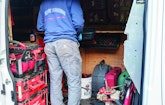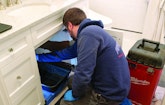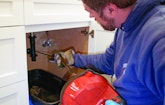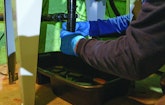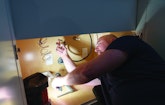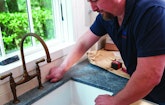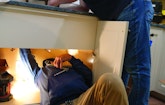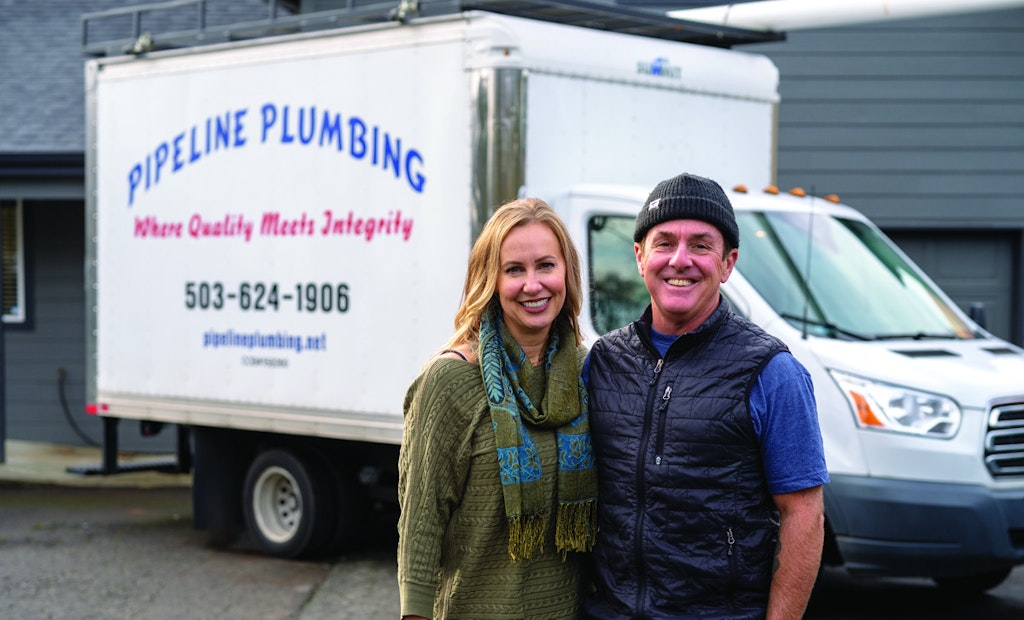
Pipeline Plumbing owners Lori and Adam Faren started the business in 2004 out of the garage of their home.
When Pipeline Plumbing owners Adam and Lori Faren went hunting for a promotional phrase that would reflect the core values of their Portland, Oregon, metro area business, they came up with “Where quality meets integrity.” Beyond being catchy, it turns out the phrase actually...


